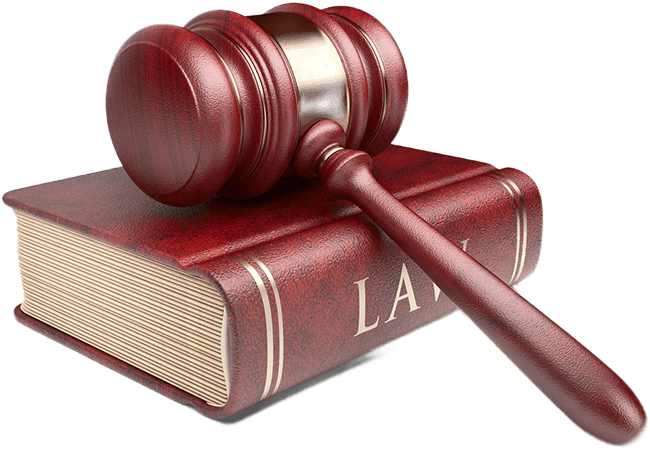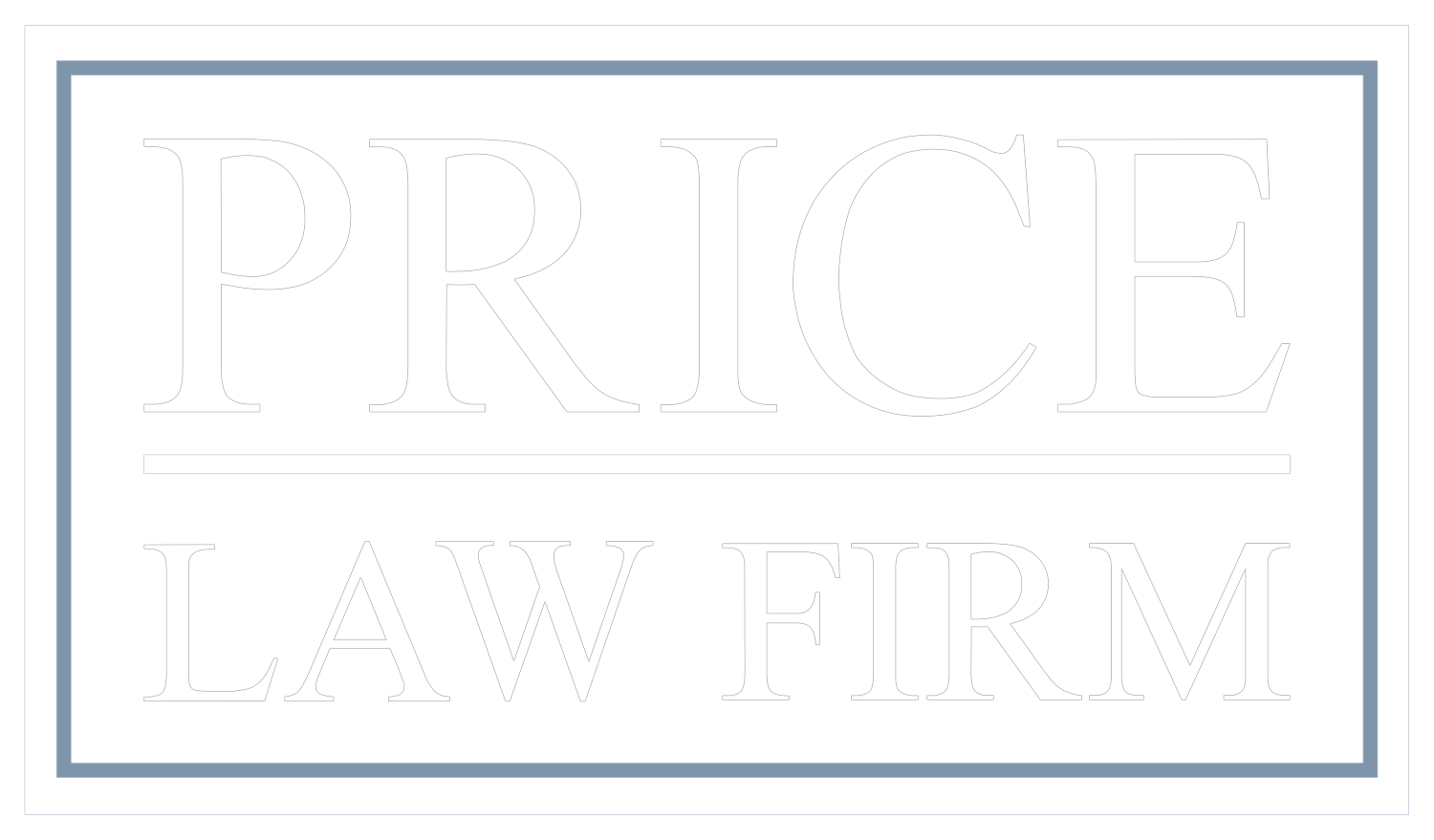
Yellowstone Injunction Protection is Strengthened
The Appellate Division, First Department has affirmed its belief that a commercial tenant will be entitled to a Yellowstone Injunction even when it is logistically impossible for the commercial tenant to cure the alleged violations of the lease within the time afforded by the notice to cure that has been served by the landlord. This decision is directly contrary to a holding on the same issue by the Appellate Division, Second Department.A Yellowstone Injunction is a unique type of injunction that exists to prevent the loss of valuable commercial tenancies. If a landlord believes that a commercial tenant has violated its lease (other than for the payment of rent) the landlord will want to terminate the commercial tenancy. The first step in this process is the service of a notice to cure. The notice to cure will advise the tenant of the breaches of the lease and will inform the tenant that if the breaches are not cured by a date certain that the tenancy will be terminated. If the commercial tenant does not cure the alleged breaches by the date stated in the notice to cure then the landlord will terminate the tenancy - and crucially - any opportunity to cure after the expiration of the date stated in the notice to cure is lost. What a commercial tenant should always do when receiving a notice to cure is to seek a Yellowstone Injunction in Supreme Court. The basic purpose of the Yellowstone Injunction is to toll the running of the notice to cure (meaning that if the notice to cure states that the breaches must be cured by April 15 then receiving the Yellowston Injunction on April 14 will stop April 15 from ever arriving insofar as the notice to cure is concerned). If the commercial tenant does not obtain the Yellowstone Injunction prior to the "cure date" arriving then the landlord will serve a notice of termination - and assuming that the commercial tenant does not vacate on the termination date - the landlord will bring an eviction proceeding and upon proving the breach of the lease the tenant will be evicted with no opportunity for redemption. In order to obatin the Yellowstone Injunction the commercial tenant must demonstrate that it (1) has a commercial lease;(2) received a notice to cure for which the cure date has not yet expired and;(3) a willingness and an ability to cure if the Court determines that there has been a breach of the lease. If the tenant obtains the Yellowstone Injunction then the Supreme Court lawsuit will slowly wind its way through the the Supreme Court. Should the Court determine that there has been a breach of the lease the commercial tenant will then have a short opportunity to cure in order to redeem the tenancy. One of the issues that will often present itself is whether the tenant has in fact cured. A landlord will generally take the position that whatever steps a tenant might take to cure will not be enough if a complete cure is not accomplished. A tenant will generally take the position that any step taken toward a cure will not be enough. The Appellate Division, First Department has issued a decision that clarifies the rule of just what constitutes a cure in the case.
Don’t leave your legal matters to chance. SCHEDULE A CONSULTATION OR CALL US AT (212) 675-1125 for a personalized consultation and let our experts guide you through every step of the process.
Joshua Clinton Price
Founder of The Price Law Firm LLC
Josh Price is a lawyer who is sought by clients with complicated cases because of his extensive knowledge of the law and his ability to help the law evolve.
Search an article
Contact Us for a
FREE Consultation
Blog (Website Form)

Facing a real estate issue?
Contact us to schedule a consultation and get expert legal advice tailored to your specific needs and circumstances.
OR CALL US NOW AT:
SHARE THIS ARTICLE:
Recent Posts
Get Expert Legal Advice











